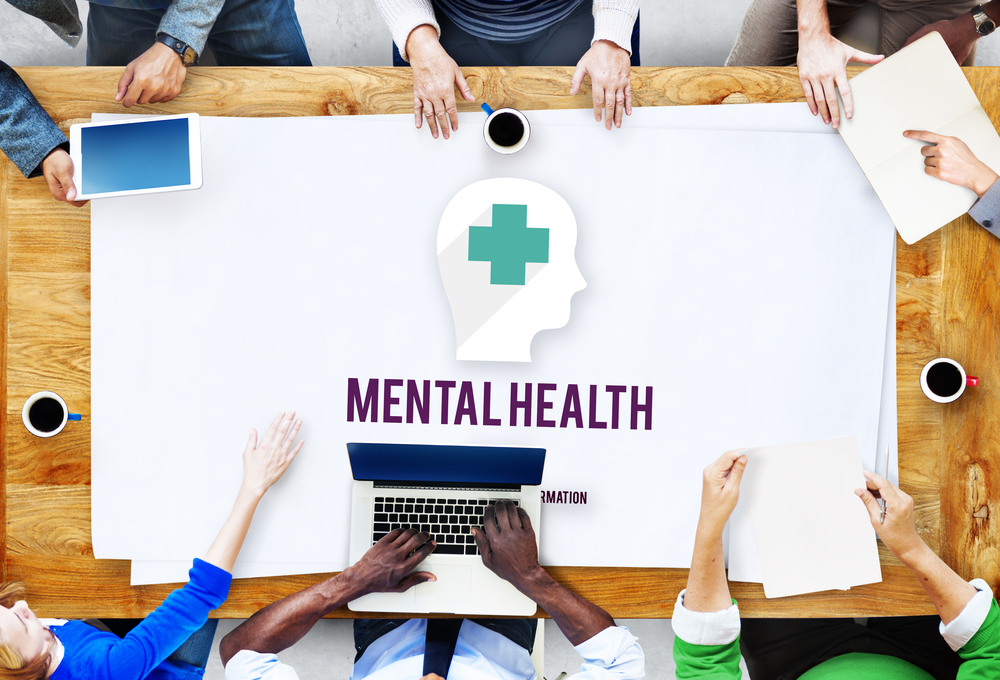
Early in 2020, the world was struck by a pandemic that changed everything about our daily lives. Many employers switched to fully remote work or closed completely. While the pandemic is still ongoing, we’re gradually finding a new “normal.” Employees are now returning to physical offices. Returning to work after a year or more at home will be difficult for most. While we can’t control our circumstances, we can control our response to them. Through communication, healthy habits, strong support, and professional mental health treatment, you can ease back into your work life while still effectively managing your mental health.
Communicate
Communication is always important, but especially so in stressful situations. At work, keep supervisors and coworkers up-to-date on your schedule and workload. If you feel like your plate is too full, let your supervisor know. Ask questions anytime something is unclear. Disorganization, uncertainty, and being overwhelmed add to anxiety. Try to eliminate those as much as you can.
Continue this openness at home. Communicate to your family what your schedule will be and how you’re feeling about it. It’s okay to say you’re exhausted and ask your partner for help with things. If you have children returning to school, they’re likely feeling a lot of the same things you are. Set an example of open communication so that they also feel comfortable talking about it.
Adjust Your Habits
It’s hard to maintain good habits when everything is in flux. Many of them probably fell by the wayside after a few weeks of working from home or being unemployed. Take some time to evaluate which habits may need refreshing. Adjust them as needed — your work days now might not look the same as those pre-pandemic. Make sure you’re scheduling yourself some downtime. If it helps, consider keeping a “habit tracker” in a journal or planner.
Bond with Your Coworkers
Quarantine was a very isolating time. You likely only saw your coworkers over video calls for months. Physically being around people all of a sudden will be overwhelming for even the most extroverted workers. Ease yourself into the social aspects of work. Reconnect with your coworkers that you feel closest to, and look for opportunities to bond with your teammates such as happy hours or group lunches. Don’t overwhelm yourself with socialization, though, and be sure to maintain physical safety practices.
See what Support Your Job Offers
Many employers have an Employee Assistance Program, or EAP. They can be great tools. EAPs offer guidance on everything from daycare to mental health referrals. Ask your supervisor if your job offers an EAP or something similar. The EAP is separate from your workplace, and they won’t report back on anything you call about. It’s there to help you. If you have children, contact their school about similar resources.
Get Professional Mental Health Treatment
If you’re still overwhelmed or anxious with these tips, or feel too down to even try them, you should contact a professional. They can help you work through your struggles and learn techniques to use in the future. Seeing a mental health expert is never a bad thing. Everyone can benefit from it, and it’s just another way to take care of your health and well-being.
If you’re looking for help with managing your mental health, contact Joanne Martelli, PMHNP-BC.